|
This dictionary is in no way
intended to serve as a true translation of the Hawaiian Language. Listed
here are only the few words in Hawaiian used on this website. Many words
in the Hawaiian Language have more than one meaning, but in the interest of
space, I have only listed here definitions that help the reader in understanding
the content on this website.
Many, though not all, of the
following word definitions have been taken from Hawaiian Dictionary:
Revised and Enlarged Edition by Mary Kawena Pukui and Samuel H.
Elbert. A few of the word definitions as well as all of the translations
of idioms are my own addition to this dictionary.
ali‘i
- chief, chiefess, officer, ruler, monarch, headman,
noble, aristocrat, king, queen, commander; royal, regal, aristocratic, kingly;
to rule or act as a chief, govern, reign; to become a chief.
aloha
- love, affection, compassion, mercy, sympathy, pity,
kindness, sentiment, grace, charity; greeting, salutation, regards; sweetheart,
lover, loved one; beloved, loving, kind, compassionate, charitable, lovable; to
love, be fond of; to show kindness, mercy, pity, charity, affection; to
venerate; to remember with affection; to greet, hail.
"aloha hou" - hello again.
"aloha
kākou a e
mālama pono" - goodbye all and take
care.
"aloha pumehana"
- warmest aloha.
haku
- to compose, invent, put in order, arrange; to braid,
as a lei, or plait, as feathers.
haku lei
- a modern-day name for a lei created to wear around the head
like a crown.
hau‘oli
- happy, glad, gay, joyful; happiness, enjoyment,
joy.
"Hau‘oli
Makahiki Hou" - Happy New Year
hōkū
- star
Hōkūle‘a
- a navigational star, probably Arcturus; a zenith star above
Hawai‘i. Lit., clear (or happy) star. Also the name of a
long-distance, double-hulled voyaging canoe designed as a functioning replica of the canoes
the ancient Hawaiians used for deep sea travel.
hou -
new, fresh, recent. again, more, re- (re-write, re-do).
hula -
indigenous Hawaiian form of dance.
‘ili‘ili
- pebble, small stone, as used in dances or kōnane.
imu
- underground oven. also umu.
kākou -
we
(inclusive, three or more).
kolohe
- mischievous, naughty, unethical or unprincipled in any way,
illegal, fraudulent, destructive; rascal, mischief-maker, scamp, rogue,
prankster, comic, roughhouse, crook, vandal, lecher; to act in this fashion,
misbehave, cheat, transgress, tamper; to violate, as a taboo.
kōnane
- ancient game resembling checkers, played with pebbles placed
in even lines on a stone or wood board called papa kōnane.
le‘a -
joy, pleasure, happiness, merriment; pleasing, gay, delightful, happy, merry;
delighted, pleased.
mahalo
- thanks, gratitude; to thank.
"Mahalo
nui loa" - thank [you] very much.
makahiki
- year, age; annual, yearly. ancient festival beginning
about the middle of October and lasting about four months, with sports and
religious festivities and taboo on war; this is now replaced by Aloha
Week.
mālama
-
to take care of, tend, attend, care for, preserve,
protect, beware, save, maintain; to keep or observe, as a taboo; to conduct, as
a service; to serve, honor, as God; care preservation, support, fidelity,
loyalty; custodian, caretaker, keeper.
"mālama
pono kākou" -
take care everyone.
mauka
- inland. it is actually two words: ma -
in, on, at; and uka - inland, upland, towards the mountain. Because
it is used commonly as a means of showing direction, abundant usage has combined
it into one word.
‘ōniu
- a hula step, in which the hips are moved in a
figure-8 motion.
‘opihi
- limpets. (a sea mollusk with a conical shell that
clings to rocks or timbers.) It is commonly found attached to rocks along
the sea shore (although it is becoming rare in modern times) and is known as a
Hawaiian delicacy.
papa -
flat surface, stratum, plain, reef, layer, level, foundation, story of a
building, floor, class, rank, grade, order, table, sheet, plate, shelf (rare),
face (of a watch); flat, level; to be a great many. board, lumber;
wooden.
pono -
goodness, uprightness, morality, moral qualities, correct or proper procedure,
excellence, well-being, prosperity, welfare, benefit, behalf, equity, sake, true
condition or nature, duty; moral, fitting, proper, righteous, right, upright,
just, virtuous, fair, beneficial, successful, in perfect order, accurate,
correct, eased, relieved. completely, properly, rightly, well, exactly,
carefully, satisfactorily.
pumehana
- warm, warm-hearted; warmth, affection.
PVS
- Polynesian Voyaging Society. An organization started
in 1973 to disprove the theories that the Polynesian people populated the
Pacific islands by putting themselves at the whim of the wind because they were
too ignorant to navigate themselves. PVS's goal was to prove not only that
the Polynesians were extremely intelligent, but that they successfully navigated
throughout the vast Pacific Ocean with skill unmatched for thousands of years
before Europeans even attempted to take to the seas. Their first
successful voyage took place in 1975 aboard Hōkūle‘a, a replica of an
ancient Hawaiian canoe named for Hawai‘i's zenith star. The success of PVS
and Hōkūle‘a
was a turning point in the resurgence of interest and
respect for the Hawaiian language and culture. Hōkūle‘a
has since
traveled to every corner of the Polynesian Triangle and a distance equivalent to
3 times around the world. You can check out their website at www.pvs.hawaii.org.
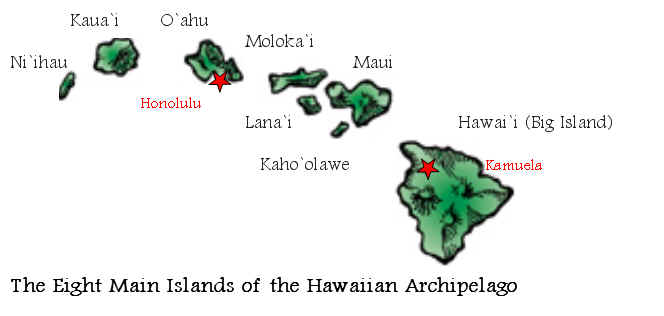
Big
Island - a common nickname for the largest island in
the Hawaiian Archipelago, properly known as Hawai‘i, which most likely came
about to differentiate between the island and the name of our State.
Kaho‘olawe
- currently the only uninhabited island of the seven major
islands in the Hawaiian archipelago. It was taken over by the US military
and used as a bombing range for many years. Recently the US military has
begun clean-up operations with the goal of giving the island back to the
Hawaiian people. It is suspected that this island was, at one point in
Hawai‘i's ancient history, used as a training ground for navigators. Lit.,
the taking away (as by currents). The island is only 45 sq. miles (116 sq.
km). In comparison, Rapa Nui is 180 sq. km.
O‘ahu
- name of the most populous of the Hawaiian Islands and the
seat of Honolulu. This name goes back to ancient times, and the meaning of
it is unknown today. It is estimated that 80% of Hawai‘i's one million
residents live on O‘ahu. The island is 607 sq. miles (1574 sq.
km).
Honolulu
- name of the capital city in the Hawaiian Islands. Lit.,
sheltered bay. Ancient names for Honolulu include "Kou"
(after one of O‘ahu's ancient Ali‘i) and "Māmala",
although more people seem use the latter when referring to the bay
itself.
Kamuela
- a city on the Big Island of Hawai‘i that is colder than most
due to it's high elevation. Because the Big Island is younger in age than
the rest of the island chain, the terrain there is more rocky than what you
would see on other islands.
|
![]()
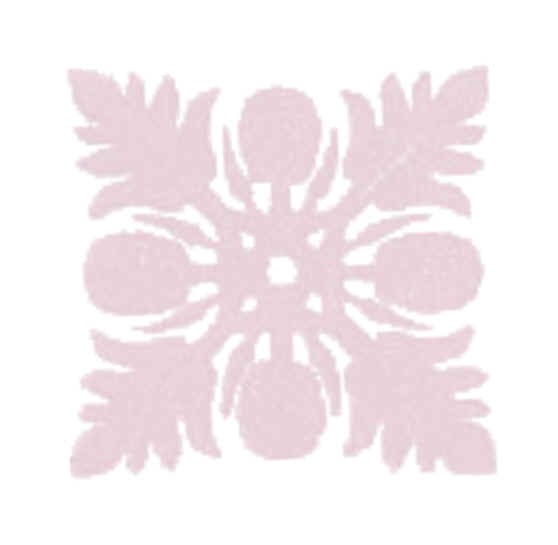
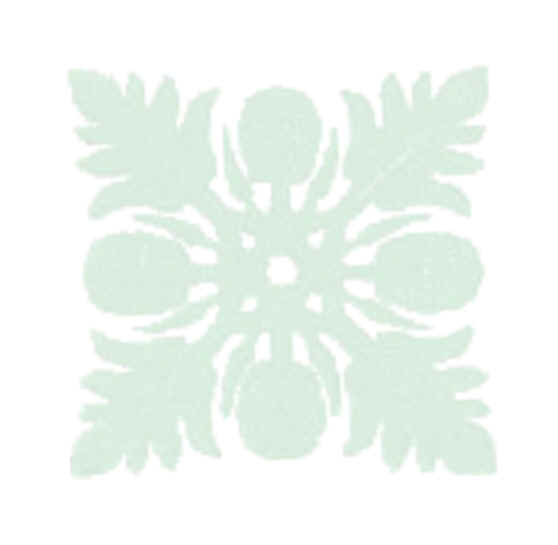
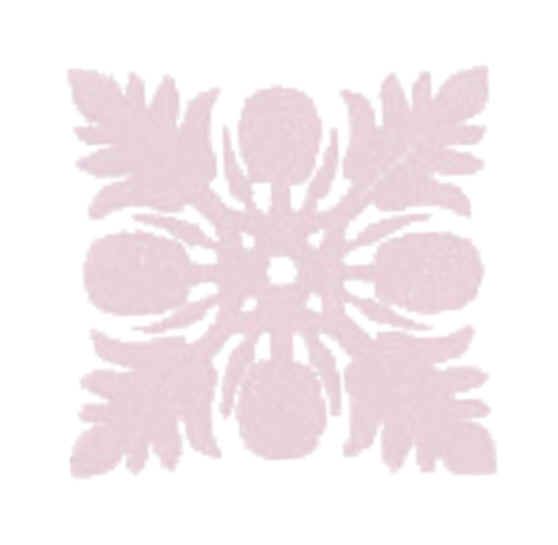
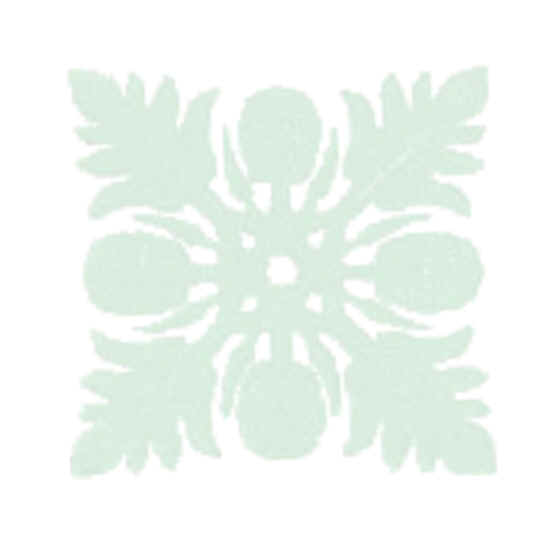
![]()
![]()
![]()
![]()


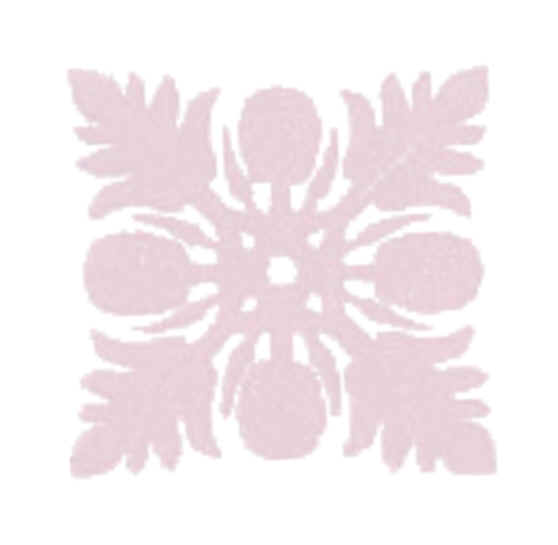

![]()




![]()
![]()
![]()
![]()



